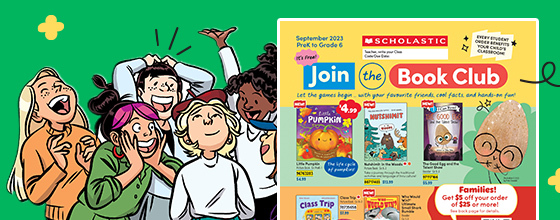
What inspired you to write your book? / Where did the idea for your book come from?
Karen Autio: Both Playdate Surprise and I Can, Too! were inspired by my daughter Annaliis. She was born with disabilities and started using a wheelchair as a preschooler. Playdates at our home were exciting for her, with her being so outgoing and social. What got Annaliis even more excited were the occasional playdate invitations from friends. But what made Annaliis feel especially welcome were friends who made their homes accessible for her. As playtime with other children is essential for every child’s well-rounded development, I wanted to focus Playdate Surprise on playdate fun and making the world more accessible.
Looking for tips on how to make playdates inclusive and accessible? Check out my guest blog post Playing with Friends is Important for All Kids.
What did you enjoy most about writing? What were some challenges that you faced while writing?
Karen Autio: My books typically start with plot ideas which I turn into an outline, then expand it before writing the first draft. This story surprised me! From the briefest of outlines, the structure and first draft quickly flowed. Of course, there was still plenty of editing to do to refine it and add layers, initially after feedback from my critique partners, then while addressing some challenging editorial tasks after it was accepted for publication. When you’re stumped as a writer, having a critique partner or editor ask a question or make a suggestion that sparks new ideas, that’s pure gold.

What do you hope your readers will take away from your book?
Karen Autio: I hope readers will see that inclusion and accessibility are possible, and how they benefit everyone. That friendships can flourish despite differences in physical abilities, that we are more similar than different, especially when it comes to being friends. I hope my books will open eyes and hearts of readers, leading to understanding, empathy, and many new friendships between people with and without disabilities. When you meet someone with a disability, instead of staring or asking inappropriate personal questions, simply say hi and share your name. This is inclusive and welcoming.
How do you come up with the names for your characters?
Karen Autio: Some character names come from researching popular baby names in the year of my character’s birth. Others have personal significance, such as Piper who is named after my inclusive, caring young friend, and Neema, the name of my daughter’s World Vision sponsor child in Tanzania. Now for Piper’s dog, Peanut, his name was thanks to a dog-loving friend I brainstormed with when a critique partner deemed the dog’s original name to be outdated.

What books have had the biggest impact on your life? / What books were your favourite to read growing up?
Karen Autio: Growing up, my favourite books to read (and reread) were Black Beauty, My Friend Flicka, nonfiction books about horses (notice a theme?), but also The Hardy Boys for mystery and suspense; The Eagle of the Ninth, for bringing history to life; Paddle-to-the-Sea, for adventure and deep dive into the geography of where I grew up; and the Dr. Seuss Beginner’s Dictionary, for the word lover in me.
What’s your writing process look like?
Karen Autio: Oh, boy, when I started working on my first book, a middle grade historical novel, my writing process was haphazard and chaotic. With no outline, I wrote scenes as they came to mind not knowing where they’d appear in the book. I’m so grateful to my first publisher—Sono Nis Press—for requesting an outline and first chapter as part of my proposal to write my second historical novel. Now I usually take my story idea and create a sparse outline then flesh it out in detail before starting to write. I try to write through to the end of my first draft without stopping to revise, to get the story down. I used to write longhand in a notebook; now I type on my ergonomic keyboard. It’s much faster and easier on the wrists. Once I have a third draft of a story, I send it to my critique partners for feedback. Revise. Repeat. When I think the manuscript is ready, I start submitting it to publishers.

What’s next for you?
Karen Autio: I’m working on more stories about Kayla and Piper and their friends! I’m also writing two middle grade novels, one contemporary and the other historical, both set here in the Okanagan Valley.
Get your copy of Playdate Surprise at Scholastic Book Clubs today!
 Book Clubs
Book Clubs
Scholastic Book Clubs helps kids discover the joy of reading. Together, we put can’t-miss books into kids’ hands—at can’t-miss prices, while also giving back to a teacher's classroom!
Visit us online Book Fairs
Book Fairs
Bookjoy or bust! Millions of children have discovered books—and a lifelong love of reading—at a Scholastic Book Fair.
Visit our site